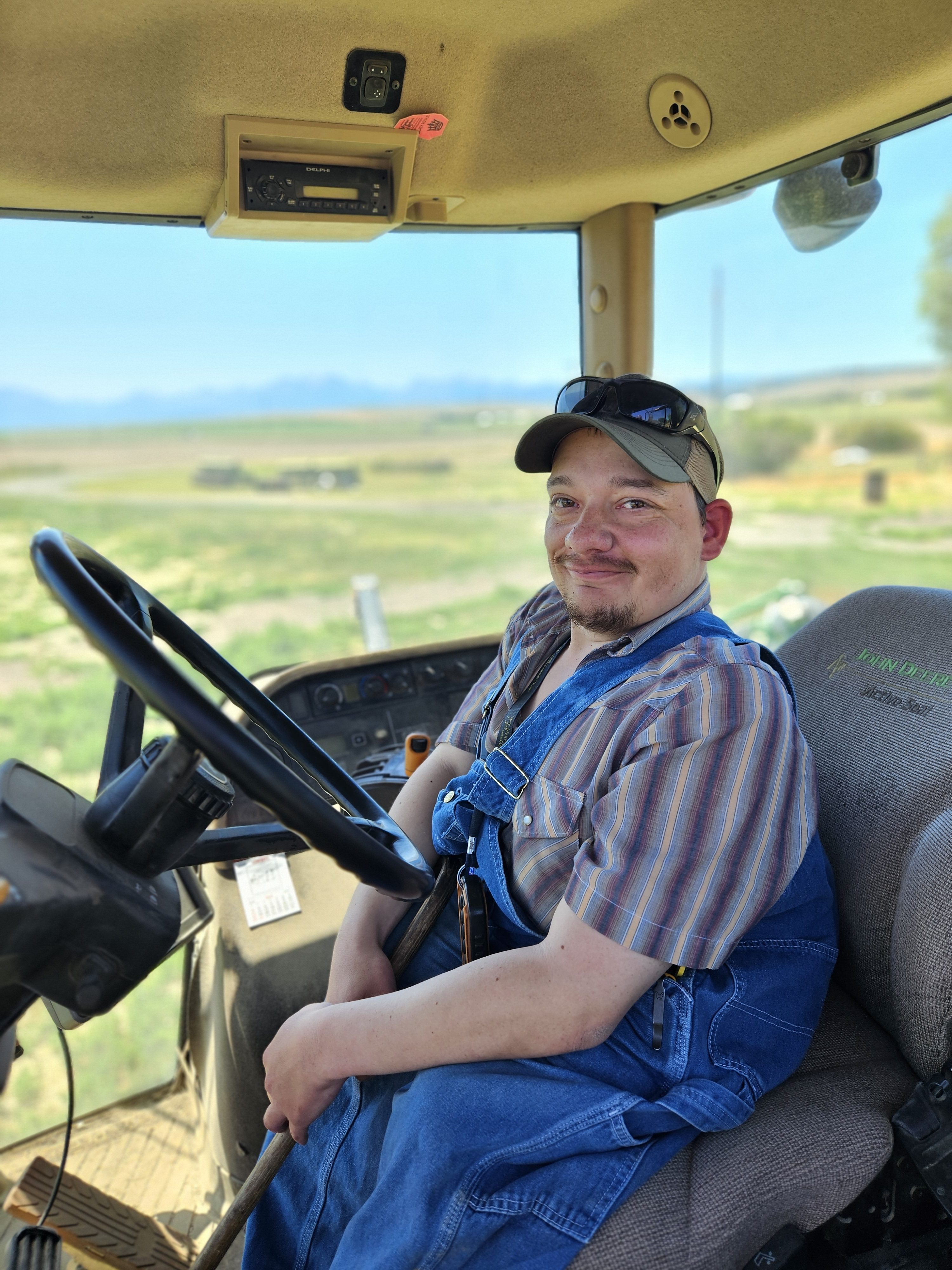EDITORIAL: Hospital officials should accept offers of aid for birth center
Published 12:00 pm Wednesday, July 12, 2023
Oregon’s U.S. senators have offered a reprieve to a looming health care crisis in Baker County, the July 30 closure of the birth center at Saint Alphonsus Medical Center in Baker City.
Trending
Officials from Saint Alphonsus Health System should accept it.
To do otherwise would be a disservice to the community this hospital has served for nearly 126 years.
Senators Ron Wyden and Jeff Merkley sent a letter on Monday, July 10 to Odette Bolano, president and CEO of Saint Alphonsus Health System, which includes the hospitals in Baker City, Ontario, Nampa and Idaho.
Trending
The senators called on Saint Alphonsus, a 25-bed critical access hospital that’s part of Trinity Health based in Michigan, to keep the birth center open for at least six months. Their letter offers help for the main problem hospital officials cited in announcing the birth center closure — a lack of registered nurses.
Wyden and Merkley said they are willing to work with the U.S. Public Health Service Commissioned Corps to assign nurses trained in obstetrics to work at the birth center temporarily if necessary.
The senators also wrote that Oregon Gov. Tina Kotek will expedite licensing for out-of-state nurses who could work in the Baker City birth center.
In addition, local businesses have offered to help the hospital keep the birth center operating, according to Wyden and Merkley.
The assistance the senators have offered is a short-term solution.
But giving local residents — particularly pregnant women — an additional six months of certainty about the birth center is vastly preferable to announcing its closure just 39 days in advance, as Saint Alphonsus officials did on June 22.
In response to questions from the Baker City Herald, Dina Ellwanger, president of the Baker City and Ontario hospitals, wrote that “this issue is complex and multifaceted requiring healthcare reform, workforce incentives to increase the number of nurses across the country but disproportionality in rural markets, and fair payment to hospitals and workforce. This is not a short-term solution.”
Yet there is also reason to believe that the current staffing shortage could be a short-term challenge.
As recently as last fall, the birth center was fully staffed. Several nurses have resigned this year, leading to what Ellwanger described as an “unmanageable staffing crisis” the week of June 19 that “required an immediate decision.” Later that week, on June 22, the hospital announced the July 30 closure of the birth center.
There is dispute, between some nurses the Herald interviewed last week and hospital officials, about the reasons for the resignations.
Ellwanger, in her response to the Herald, cited the declining number of babies delivered, writing that “obstetrical nurses choose to go into obstetrics because they want to provide a specialized level of care and with the lack of patient volume, it is difficult for them to practice their specialized care.”
But three nurses who remain at the hospital told the Herald last week that they believe their former colleagues were concerned about the future of the birth center, and their jobs, after Saint Alphonsus closed the intensive care unit in January, something Ellwanger wrote was prompted by having a daily average of less than one patient in that unit.
Ellwanger also wrote that some nurses in the birth center “were asked if they would volunteer to work in other units, which was not received well by some, and they opted not to work in other areas.”
Ultimately, employees in any field are more likely to stay in a job if they’re confident that job will continue.
And although Saint Alphonsus officials, with their shocking announcement on June 22, had the opposite effect, making it more difficult to convince nurses to work here, Wyden and Merkley are offering to partially overcome that challenge.
Saint Alphonsus officials, who less than a year ago, at the hospital’s 125th birthday, were touting its legacy of community service.
“My goal is to make sure we’re going to be there for the next 125 years,” Ellwanger said at the time.
She also said that Saint Alphonsus had contracted with an architectural firm to design either a significant renovation or possibly new construction at the hospital over the next couple years.
Those words ring hollow today, little more than two weeks before the birth center is slated to close.
If serving Baker County residents truly is the top priority for Saint Alphonsus, then officials will accept with gratitude the aid Wyden, Merkley, Kotek and local businesses have offered.
Local residents, through their reactions of surprise and dismay following the June 22 announcement, have made it abundantly clear how vital the birth center is.
And it has played an even more crucial, indeed lifesaving, role over the past decade or so than is typical for a birth center.
In 2009 the Baker County medical examiner, Dr. James Davis, said seven babies in the county had died over the past seven years after sleeping beside a parent, including three deaths in three months in 2009.
Two other babies died in similar circumstances in 2015, and one in 2016.
The birth center at Saint Alphonsus in Baker City played a vital role in ending that terrible trend by educating new mothers about the dangers of co-sleeping and ensuring that all newborns have safe sleep sacks and, if needed, a crib through the Cribs for Kids program. The hospital was part of a local coalition that includes the district attorney’s office, Saint Alphonsus, St. Luke’s, the Northeast Oregon Compassion Center, Baker County Health Department, the Department of Human Services, and first responders.
There hasn’t been a co-sleeping death in the county for several years. The birth center has been recertified, mostly recently in 2021, as a Gold Safe Sleep Champion through the Cribs for Kids program.
These programs need to be subsidized, much like the birth center itself.
It’s beyond dispute that operating obstetrics departments in small, rural hospitals is a challenge, and that finding enough nurses is a common problem.
But that challenge is not insurmountable.
People here, and in Salem and in Washington, D.C., have pledged their support to Saint Alphonsus.
But no solution is possible without a commitment from Saint Alphonsus officials. They have a chance to prove that their legacy isn’t merely about adding another number to the hospital’s tenure in Baker City, but ensuring that its role in the community remains what it has been for so long.









